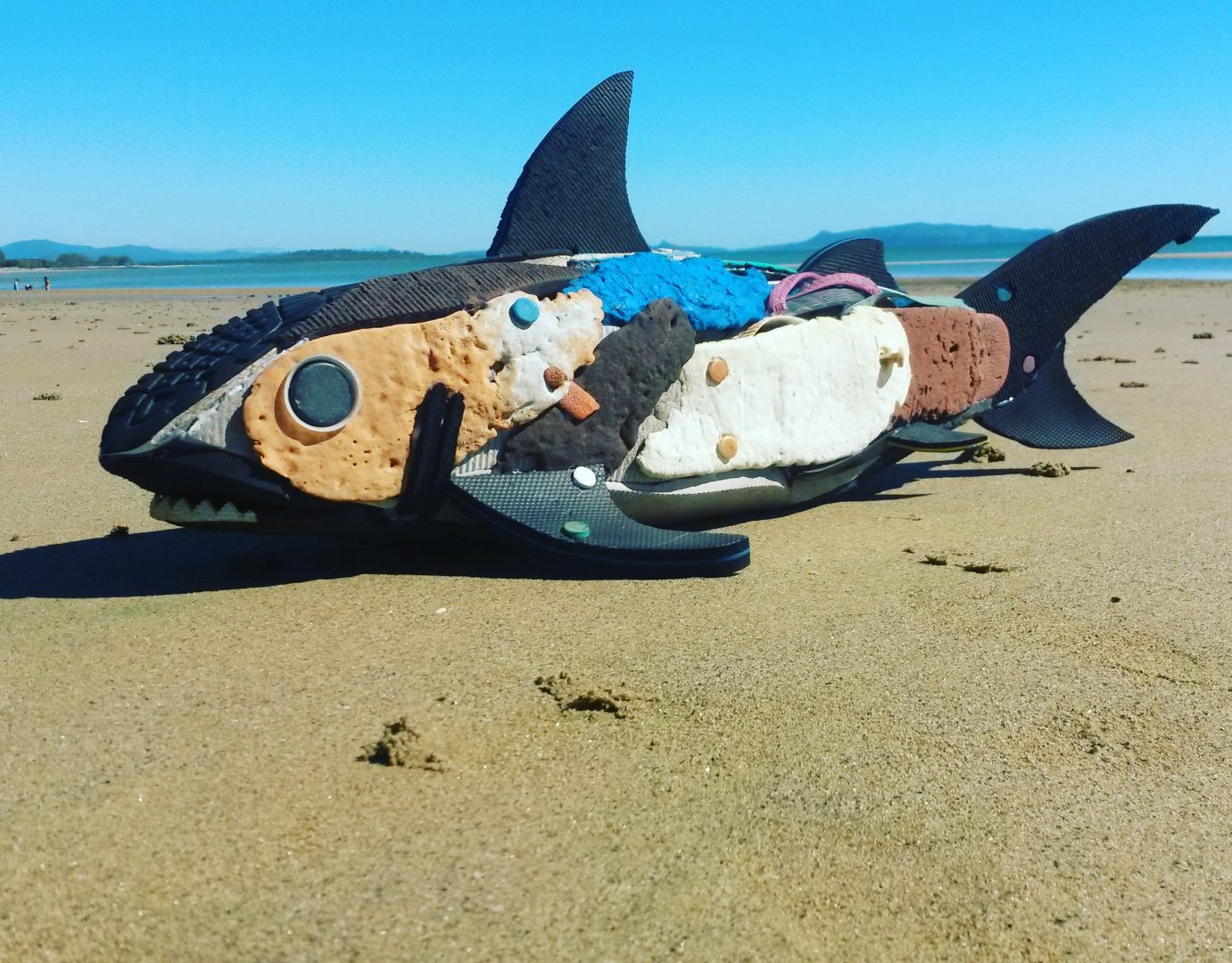The Open Call for the Social Art Award 2019 under the topic “We are the People – Peaceful Revolutions” was closed on December 15, 2019. We are very impressed by 558 submissions that were contributed by artists coming from 65 countries across all continents.
The winners of The Social Art Award 2019 are Narcissa Gold (USA), Melinda Mouzannar (Lebanon) and Bogna Grazyna Jaroslawski (Poland/Germany). The Honorary Mention goes to Kingson Kin Sing Chan (Hong Kong/UK).
Below you find the artworks, that passed the initial jury round. The public voting took place till 30 December and is a tool to give more public visibility to the topic and the artworks. It does not replace the final jury judgment. There were two wildcards for the most voted artworks that entered the final shortlist.
The focus diversity of applications shows that artists are active in the multi-faceted fields of socially engaged art reflecting on wars, genocides, femicides, traumata, violence against refugees, children, women, men, disabled people, LGBTIQs, animals. They share feelings for the planet and its living species, but also showing hopelessness due to complex crises be it climate change (e.g. in regard to water pollution), capitalism, corruption, a violation against human rights, nature, protected national parks. Many of the artists are constantly trying to give a voice to the poorest or empower unheard social groups.
It’s not only about peaceful revolutions, but it’s also about feeling a deep connection and showing love and respect for each other.
Thank you all for sharing your great and inspirational work and look at all the great contributions!
Wobby thong shark
David Day
open category
As an artist I am passionate about our oceans Sharks have been known as the garbage cleaners of the seas!!! If sharks are plastics, litter,thongs,marine debris their role would be greatly appreciated in todays climate of plastics pollution globally ocean wide!!! This artworks is made from thongs that were collected from the whitsundays, great barrier reef region Thongs are a common marine debris that I find on my beach cleans in Australia. Many thongs I have collected have visible teeth Mark's where sharks also other species have tried to consume them thinking it is s food source. Aswell as being harmful to turtles plus other marine life. By using thongs in my artworks I hope people see this type of litter,thinking of their actions, taking all collectables aswell as their rubbish home or disposal responsibly. To try to keep our oceans pristine as nature intended. How can art catalyze change?: I have found by making art from marine debris people will look at the types of plastics found in our oceans.on it's own people tend to not want to see the litter. It's ugly also it's starting to become that common people just don't see it.the challenge for me is to turn a worthless piece of rubbish into a thing of beauty that has a value.
As an artist I am passionate about our oceans Sharks have been known as the garbage cleaners of the seas!!! If sharks are plastics, litter,thongs,marine debris their role would be greatly appreciated in todays climate of plastics pollution globally ocean wide!!! This artworks is made from thongs that were collected from the whitsundays, great barrier reef region Thongs are a common marine debris that I find on my beach cleans in Australia. Many thongs I have collected have visible teeth Mark's where sharks also other species have tried to consume them thinking it is s food source. Aswell as being harmful to turtles plus other marine life. By using thongs in my artworks I hope people see this type of litter,thinking of their actions, taking all collectables aswell as their rubbish home or disposal responsibly. To try to keep our oceans pristine as nature intended. How can art catalyze change?: I have found by making art from marine debris people will look at the types of plastics found in our oceans.on it's own people tend to not want to see the litter. It's ugly also it's starting to become that common people just don't see it.the challenge for me is to turn a worthless piece of rubbish into a thing of beauty that has a value.



